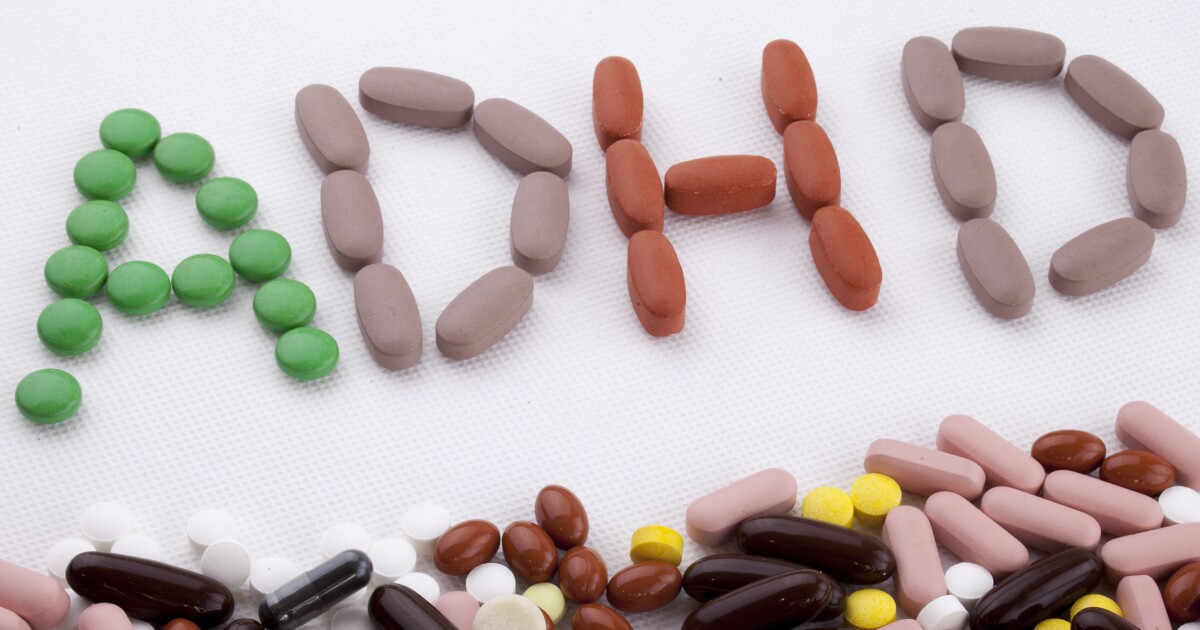

Prescriptions for Adderall are on the rise as it becomes easier for people in the United States to get diagnosed with attention-deficit/hyperactivity disorder, or ADHD, exacerbating a nationwide shortage of the stimulants.
Generic and brand Adderall prescriptions skyrocketed to 41.4 million in 2021, higher than ever before, up more than 10% from 2020, according to IQVIA, a health research firm.
NATIONWIDE SHORTAGE OF ADDERALL PLAGUES PHARMACIES
The increase in demand for the medication that is prescribed to improve focus and reduce impulsive behaviors comes as ADHD diagnoses have been on the rise over the last two decades. The number of children aged 4 to 17 diagnosed with ADHD increased by 42% between 2003 and 2011, according to the National Institute of Mental Health.
A diagnosis of ADHD got more attainable during the COVID-19 pandemic with telemedicine startups being able to diagnose and prescribe the medication remotely, even after only a 30-minute video call. Typically, an in-person visit is required to prescribe the controlled substance, but a relaxed federal rule allowed doctors and even nurse practitioners to prescribe the stimulants in many states.
The startups also flooded TikTok and other social media platforms with advertisements suggesting that people should look into getting medication if they are having trouble focusing.
A rise in diagnoses has exacerbated a national shortage that has people scrambling to fill their prescriptions at pharmacies. The U.S. Food and Drug Administration first acknowledged that Adderall was in short supply last month. The notice came two months after Teva Pharmaceutical Industries, the largest U.S. supplier of Adderall, first said it was experiencing supply disruptions that could last into 2023.
Roughly 89% of community pharmacists say they are having trouble purchasing Adderall, according to a survey by the National Community Pharmacists Association among 333 community pharmacy owners and managers between Oct. 19 and 31.
CLICK HERE TO READ MORE FROM THE WASHINGTON EXAMINER
Pharmaceutical companies CVS and Walgreens also reported last month that they are seeing “intermittent” supply shortfalls.







